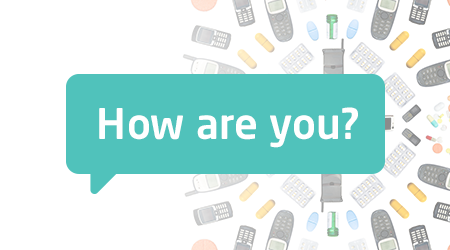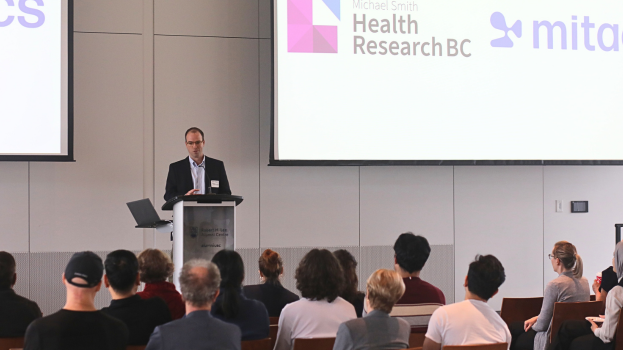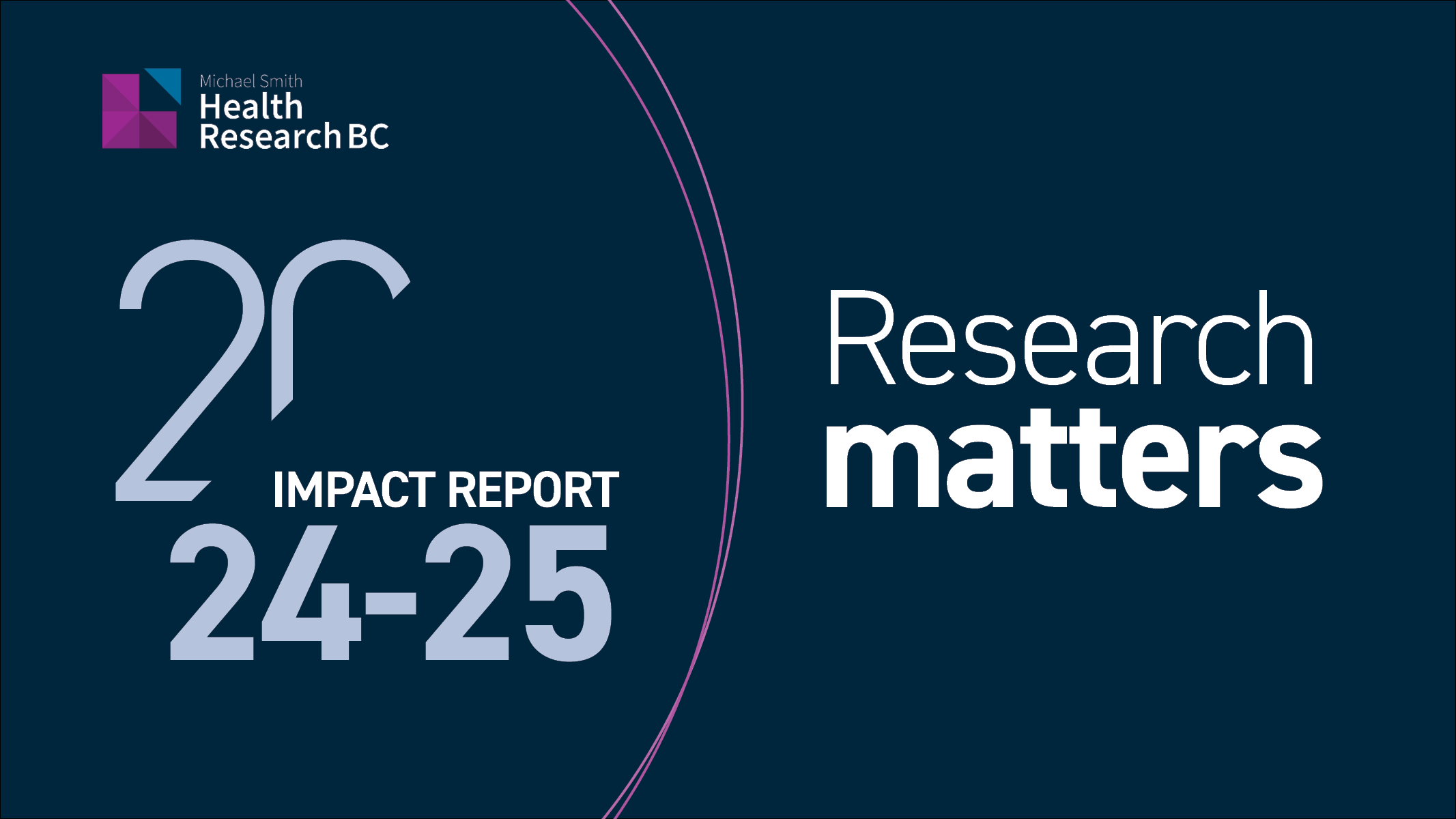Using text messages to improve health outcomes
19 February 2018

Today, there will be over 18 billion texts sent worldwide. Dr. Richard Lester and his team are making use of this cheap and non-intrusive form of communication to support and learn from large and dispersed patient populations.
Lester is the founder of WelTel, a text messaging service that makes use of widespread cell phone access in Canada and around the world to improve HIV and tuberculosis patient outcomes by simply asking ‘How are you?’. The texts support treatment adherence by maintaining a communication channel between the patient and their clinician, giving patients the opportunity to ask for the support they need, when they need it.
“We’ve been testing WelTel since 2005, in Kenya, the USA, South Africa, and here in BC, so we already have hundreds of thousands of texts between patients and care providers,” says Lester, an associate professor in the Division of Infectious Diseases at UBC. “Patients often seem to share more over text. We don’t know why, whether it’s a sense of anonymity, or the familiarity of texting friends, but it gives us a unique opportunity to better understand the patient perspective in real-time, and use this to improve health services.”
The volume of text data is too great to analyze manually, so Lester and his team are developing smart-text-analytic-tools to navigate and analyze natural language text, with support from one of MSFHR’s first Innovation and Commercialization awards.
“Although there are more and more tools for evaluating language, what we’re looking at is how to package these into evidence-based and easy-to-use tools that are robust enough to use in a health care setting,” says Lester. “There is huge potential to use this type of text data to understand real-time patient perspectives at a population level. Whether that be to understand what a health resources are needed in a particular area, or spot public health issues as they happen.”
As digital communication methods continue to evolve, there is still work to be done to understand the best ways of using these tools (whether that be text, video calling or social media) in community settings to maximize their ability to help care providers and patients stay connected, improve care and make the best use of in-person visits.
Dr. Richard Lester is the recipient of a 2017 Innovation to Commercialization award to support the development of smart-text-analytic-tools to analyse natural language text data, and a 2014 Scholar award to investigate how WelTel, originally developed in Kenya, could support those living with HIV and tuberculosis in BC.





